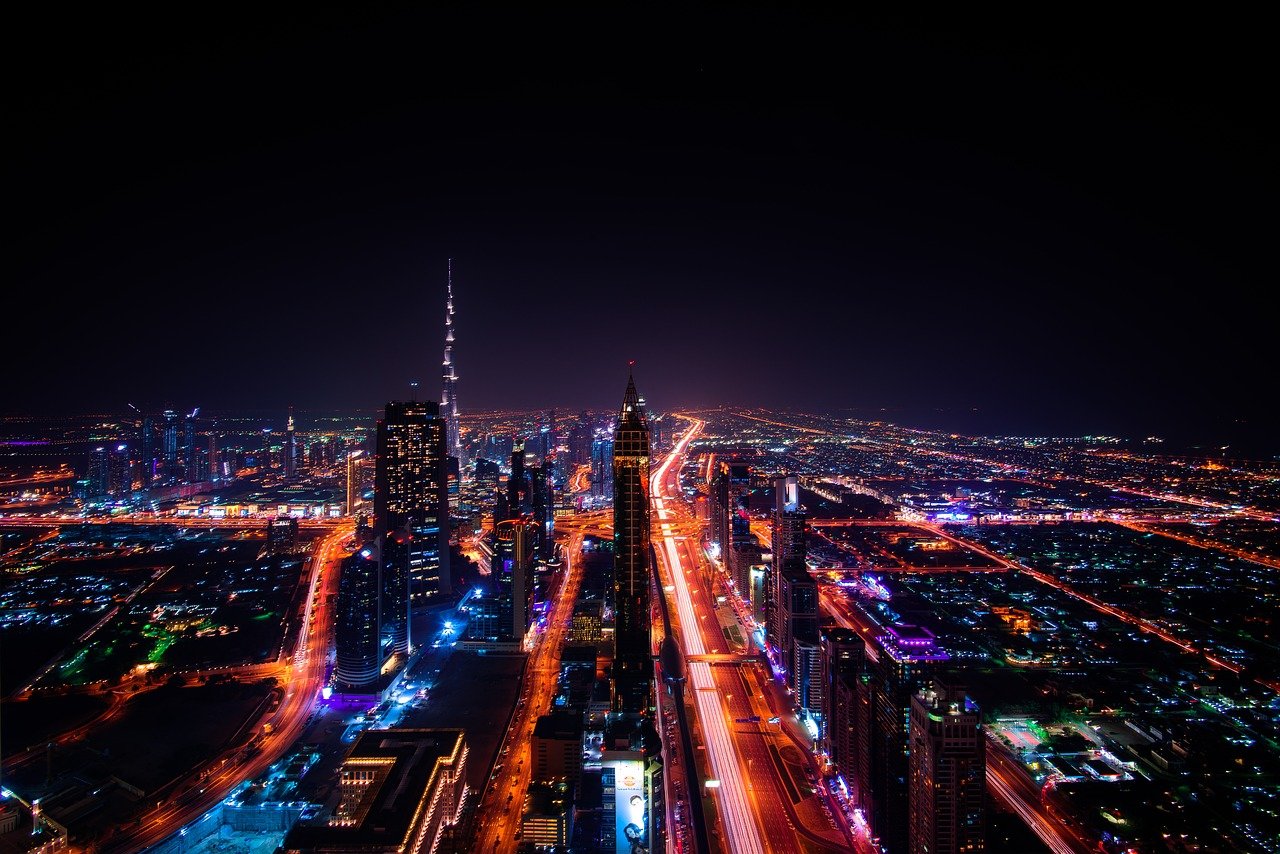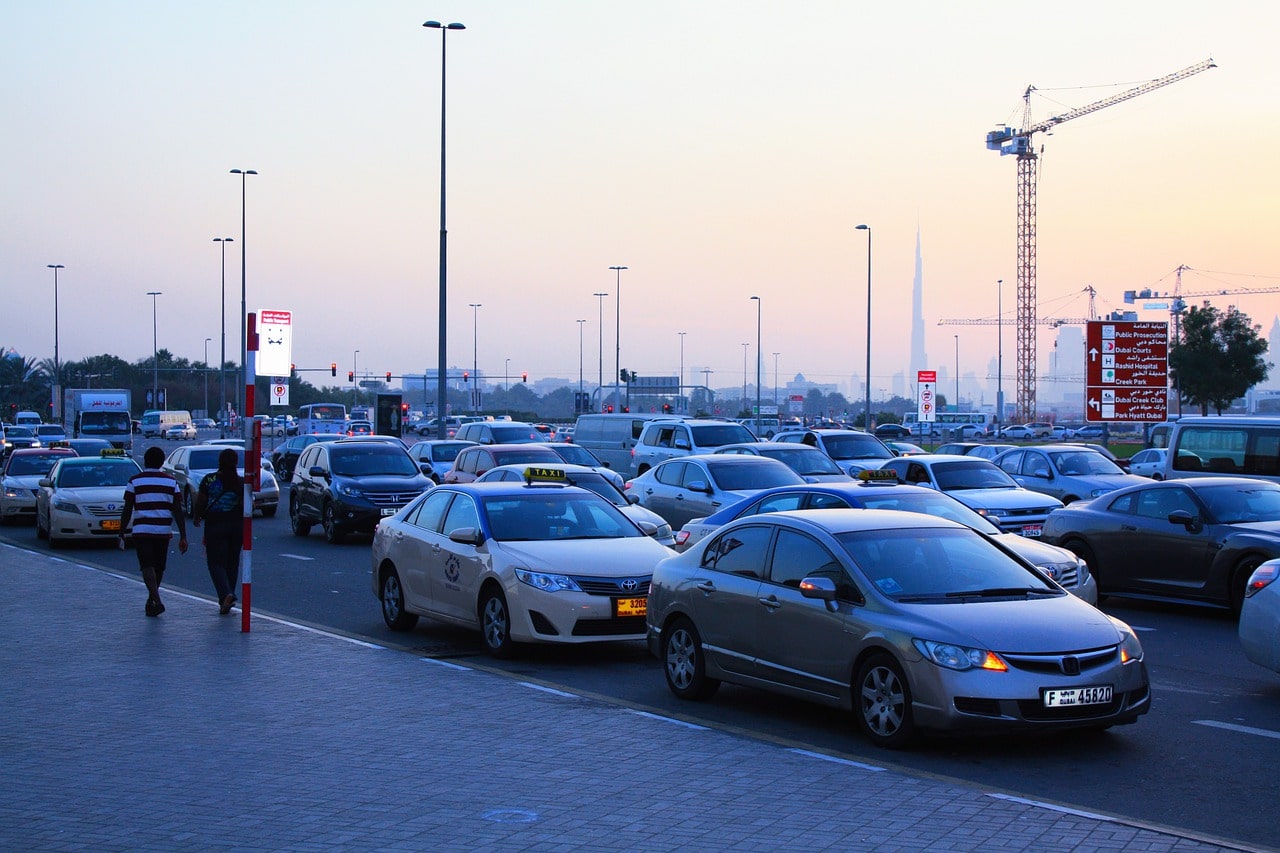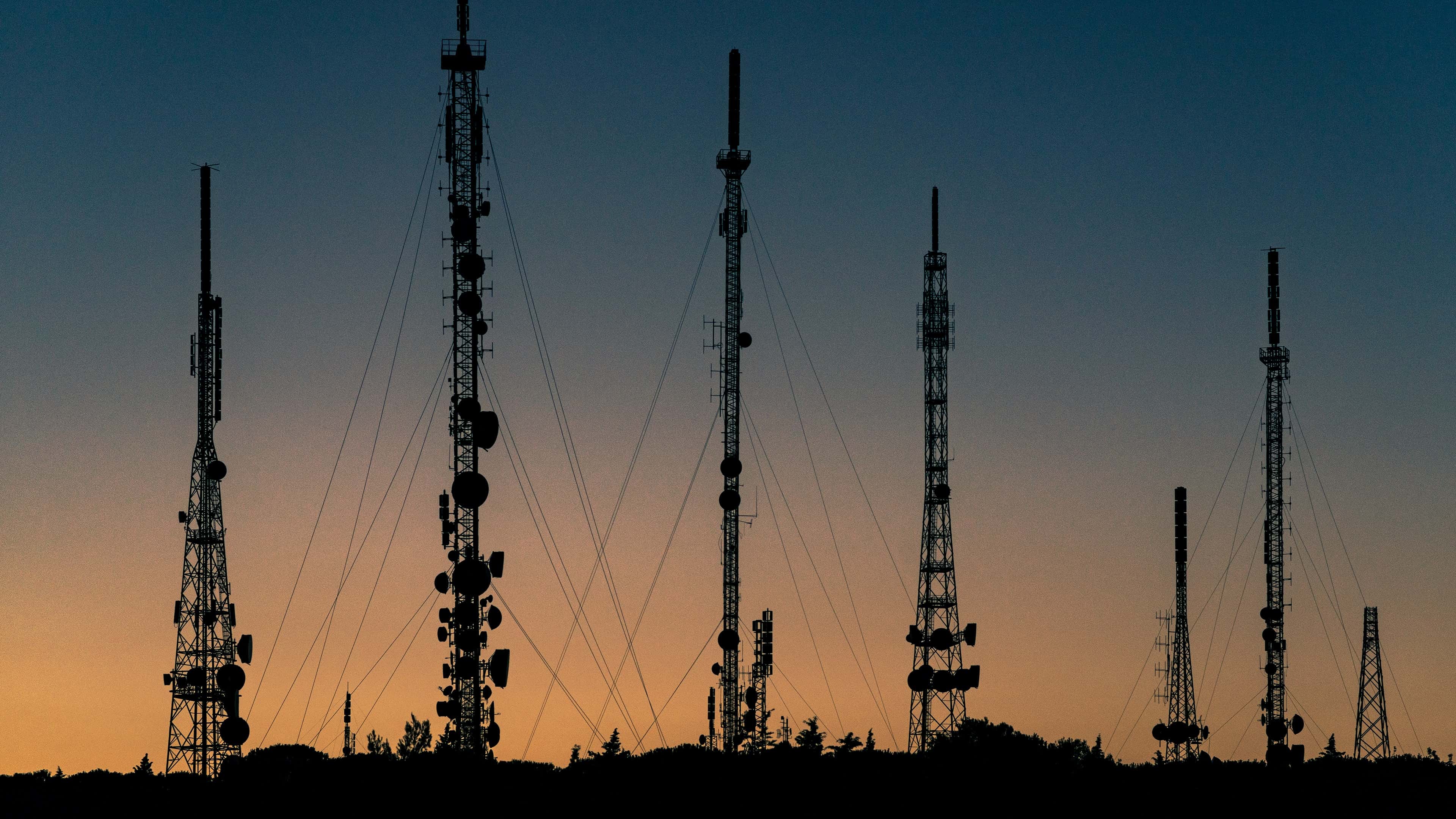Dubai is said to be already well on its way to achieve smart transportation goals. The emirate aims to become the smartest, best-connected and happiest city in the world, based on or facilitated by IoT across key pillars. Providing access to safe, affordable, accessible and sustainable transport systems for all is one of the key pillars in the United Arab Emirates (UAE), in line with the Vision 2021. Transportation is seen to have the most significant impact in day to-day lives of the people. The Roads and Transport Authority (RTA) in Dubai has already worked on several initiatives that will change the future of transport.
Smart Traffic System
The plans for the AED 590 million project to expand the country’s smart traffic systems has been announced by the RTA in Dubai. It is expected to manage traffic accidents and ensure safer roads, covering 60% of the Dubai road network. The project was designed into consideration all 4 E’s of road safety: education, enforcement, engineering and emergency care.
RTA director general and chairman, Mattar Al Tayer, stated that the project will cut the time of detecting accidents and congestions build up and accordingly accelerate the response time. The project will also provide instant traffic information to the public about road network via Variable Messaging Signs and smart apps.
Five phases to be implemented include: traffic monitoring and data capturing systems such as cameras, vehicle detection, bluetooth devices and weather sensors; the installment of 122 sign boards with dynamic messaging on road conditions; 400 km of infrastructure including fibre optic and power lines; an advanced traffic management system to support decision making; and the control centre built in Al Barsha South, accommodating further growth in traffic systems.
Smart Transportation
The UAE continues to lead GCC region and remains among the world’s top 10 countries that are best prepared for driverless vehicles. The strong push for the autonomous vehicles is also driven by Dubai, as the government plans to make 25% of all transportation autonomous by 2030. It is expected to cut transportation costs by 44%, resulting in savings up to AED 900 million a year. By reducing environmental pollution by 12%, the strategy will also help to save AED 1.5 billion a year and generate AED 18 billion in annual economic returns.
Under the directions of His Highness Shaikh Mohammed bin Rashid Al Maktoum, this strategy aims to transform Dubai to autonomous mode by 2030. The initiatives to make automation reinforce the possibility of a cleaner, more efficient and safer lives of the people. The development of this smart transportation systems enable the integration of various smart technologies, such as Internet of Things (IoT), artificial intelligence (AI) and smart sensors into transportation vehicles.
Another smart transportation to be developed in the country is an ultra-high-speed train that travels from Dubai to Abu Dhabi in just about 12 minutes, from the current 90 minutes. Dubai’s proposed 700 mph “hyperloop” is using a futuristic mode of vacuum tube-based transport that would lead to an estimated savings of USD 800 million in lost working hours. The project costs up to AED 1.4 billion and is expected to be ready by 2020.



